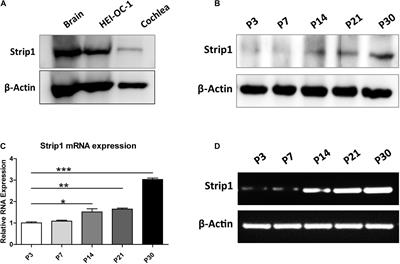ORIGINAL RESEARCH
Published on 17 Feb 2022
Galectin-9 Mediates the Therapeutic Effect of Mesenchymal Stem Cells on Experimental Endotoxemia

doi 10.3389/fcell.2022.700702
- 2,870 views
- 8 citations
13k
Total downloads
47k
Total views and downloads
Select the journal/section where you want your idea to be submitted:
ORIGINAL RESEARCH
Published on 17 Feb 2022

ORIGINAL RESEARCH
Published on 06 Oct 2021

REVIEW
Published on 11 Aug 2021

ORIGINAL RESEARCH
Published on 29 Jun 2021

REVIEW
Published on 03 May 2021

ORIGINAL RESEARCH
Published on 06 Apr 2021

ORIGINAL RESEARCH
Published on 04 Dec 2020

REVIEW
Published on 03 Dec 2020


Frontiers in Genetics